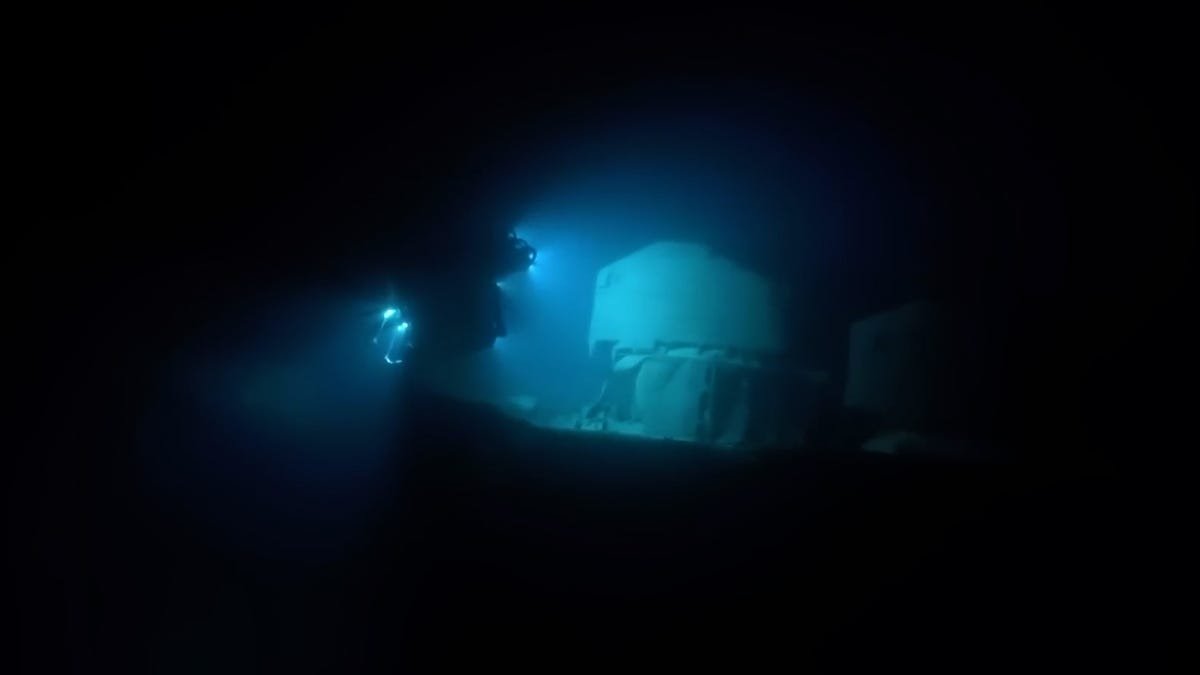
Advanced ocean exploration is transforming our understanding of history and the world around us. The vast, dark depths of our oceans hide countless secrets, and as technology advances, we are beginning to uncover these mysteries. Many historians and scientists face the frustration of piecing together the past with limited information. This blog post will provide insights into how ocean exploration is rewriting history and offer practical tips for diving deeper into this fascinating subject. From understanding ancient shipwrecks to leveraging cutting-edge technologies, you will learn how to engage with this revolutionary field and its findings. By the end, you will have a toolkit of strategies to enhance your exploration of our oceanic heritage.
Tip 1: Utilize Underwater Drones for Exploration
Underwater drones have become a game-changer for oceanic exploration, allowing researchers to access areas that were once unreachable. These versatile tools can capture high-resolution images and videos, making them invaluable for documenting historical sites.
- Research and select a high-quality underwater drone suitable for your needs.
- Familiarize yourself with the drone’s operations by consulting the user manual.
- Plan an exploration route, focusing on areas of historical significance.
- Engage the drone and collect data, ensuring to monitor battery life and depth.
Pro Tip: Always conduct a pre-dive check to ensure that your drone is functioning correctly and that all necessary equipment is onboard.
Tip 2: Join Online Forums and Communities
Connecting with experts and enthusiasts through online forums can expand your knowledge and network in ocean exploration. These platforms provide valuable insights, share experiences, and team up for collaborative discoveries.
- Research online forums related to marine archaeology and ocean exploration, such as Reddit’s r/Oceanography.
- Participate by asking questions or starting discussions to engage with the community.
- Follow threads that interest you and keep note of practical advice given by seasoned explorers.
- Network with members for potential collaboration on future projects.
Common Mistake: Avoid lurking without participating; engaging is key to gaining knowledge.
Tip 3: Leverage Satellite Technology
Satellite technology allows researchers to monitor environmental changes and locate potential underwater sites of interest from above. It is a cost-effective way to scout large ocean areas before conducting in-depth explorations.
- Utilize satellite imaging tools like Google Earth or MarineTraffic to view oceanographic data.
- Identify areas with distinct patterns that may suggest the presence of historical artifacts or submerged structures.
- Document not only your findings but any potential environmental concerns regarding your target locations.
Hidden Trick: Some satellite tools can be integrated with GIS software for a more comprehensive analysis.
Tip 4: Collaborate with Marine Archaeologists
Pairing with marine archaeologists can significantly enrich your understanding of historical maritime events. Their expertise will provide context and depth to your discoveries.
- Reach out to local universities or institutions to find marine archaeology departments.
- Attend seminars or workshops to connect with professionals in the field.
- Offer to assist with ongoing projects; hands-on experience is invaluable.
- Engage in discussions that could lead to collaborative projects or joint research initiatives.
Pro Tip: Be open to learning and accept that collaboration will often enhance your findings.
Tip 5: Stay Updated with the Latest Research
The field of ocean exploration is rapidly evolving. Staying informed about the latest research and technologies will keep you ahead in your explorations.
- Subscribe to reputable journals focused on marine science and archaeology.
- Attend conferences or webinars to hear first-hand about breakthroughs and technologies.
- Engage with academic research through platforms like Google Scholar to find relevant studies.
Common Mistake: Don’t rely solely on popular media for information; seek academic sources for reliable data.
Tip 6: Create a Documentation System
Establishing a consistent documentation system is essential for cataloging your findings and tracking historical developments. This will help you build a comprehensive database of ocean exploration data.
- Choose a platform for documentation, such as a digital database or a physical notebook.
- Organize your findings by date, location, and type of artifact or data collected.
- Include detailed descriptions, images, and any relevant research notes.
- Regularly back up your digital data to ensure it is secure.
Pro Tip: Consider using project management tools like Trello or Notion for collaboration and organization.
Tip 7: Undertake Training for Deep-sea Diving
Understanding the underwater environment is crucial for anyone looking to explore the ocean’s depths. Getting trained in deep-sea diving opens new avenues for exploration.
- Research local diving schools that offer courses in deep-sea diving.
- Enroll in proper training courses, including theory and practical sessions.
- Practice diving regularly to gain confidence and experience.
- Learn safety protocols to ensure a secure and enjoyable experience underwater.
Common Mistake: Do not underestimate the importance of training; safety must always be a priority.
Tip 8: Use 3D Scanning Technology
3D scanning technology is revolutionizing how we document and study underwater finds. By creating three-dimensional representations, researchers can better analyze artifacts.
- Seek out 3D scanning services or invest in a portable scanner.
- Capture scans of artifacts or sites of interest, ensuring to maintain the correct angle and distance for quality results.
- Analyze the scanned data with 3D modeling software for deeper insights.
Hidden Trick: Some 3D models can be shared with universities or museums for collaborative analysis.
Tip 9: Conduct Environmental Assessments
Understanding environmental impact is crucial in ocean exploration. Conducting proper assessments ensures that explorations do not harm the delicate marine ecosystem.
- Learn about local marine life and ecosystems present in your areas of interest.
- Implement assessment protocols before beginning exploration, focusing on aspects like biodiversity and habitat protection.
- Document findings to share with environmental agencies or agencies that can provide support or guidance.
Pro Tip: Establishing relationships with environmental organizations can aid in conservation efforts.
Tip 10: Explore Funding Opportunities for Research
Securing funding can help to facilitate larger-scale exploratory projects, enabling researchers to access better tools and technologies.
- Research grants available for marine exploration from various organizations, including governmental and private entities.
- Prepare proposals detailing your project’s goals, methodologies, and expected impact.
- Network with those in the field to discover informal funding opportunities.
- Obtain letters of support from collaborators to strengthen your proposals.
Common Mistake: Failing to demonstrate clear benefits to funding bodies can hinder success—make your case compelling.
Summary
- Advanced ocean exploration is a rapidly evolving field that provides new insights into our shared history.
- Utilize technological advancements such as underwater drones, satellite imaging, and 3D scanning to explore effectively.
- Engage with communities, professionals, and research to foster collaboration and enhance learning.
- Document your findings systematically and respect environmental protocols in your explorations.
- Explore funding opportunities to facilitate deeper and more comprehensive research projects.
By integrating these tips into your ocean exploration activities, you will not only contribute to historical knowledge but also set the stage for future discoveries that will further illuminate our understanding of the past.







